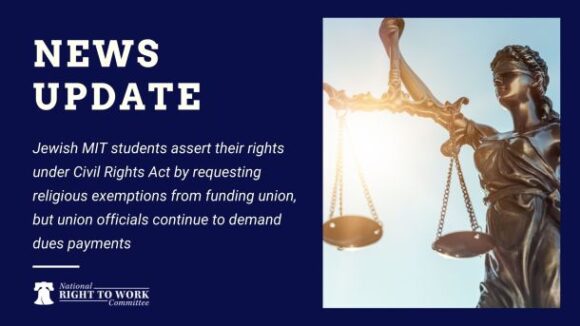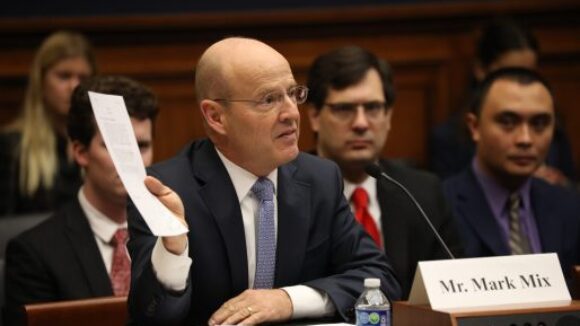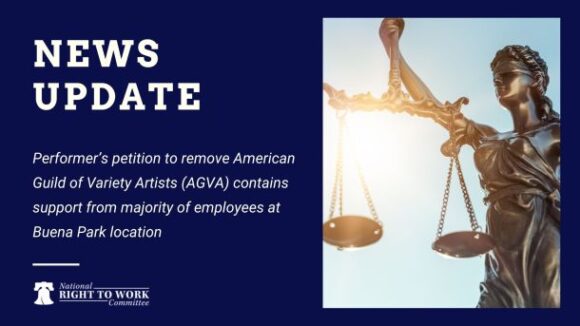Early in the morning on September 8, 2011, overpowered police were unable to prevent bat- and ax handle-wielding International Longshore Workers Union (ILWU/AFL-CIO) toughs from systematically sabotaging a new $200 million grain terminal located at the Port of Longview in Washington State. Big Labor thugs broke down the gate, overwhelmed six security gauards, and then converged on a terminal owned by EGT, a joint venture of U.S., Japanese, and South Korean companies. They cut the brake lines of many rail cars in the EGT terminal and dumped the grain contained in 72 of them. They also smashed windows and cut the air hoses to a grain train. Altogether, roughly $150,000 in damage was done, according to EGT’s estimate.
Later that day, U.S. District judge Ronald Leighton approved a preliminary injunction barring ILWU kingpins and their agents from “blocking the entrance to the grain terminal and engaging in picket line violence, threats and property damage,” as reporter June Williams recalled in an April 17 report for the Courthouse News Service (see the link below).
ILWU militants subsequently ignored Leighton’s injunction. He then held ILWU Local 21 in contempt and ordered union bosses to pay “$250,000 in compensatory damages to EGT,” Burlington Northern Santa Fe Railroad (which delivers to and from the terminal), law enforcement agencies, and the National Labor Relations Board.
ILWU union bosses do not deny that their agents, acting in contempt of Leighton’s injunction, did substantial damage to EGT property. They also don’t deny that the city of Longview had to take police officers off their regular beats for extended periods as a result of ILWU defiance of the federal court order.
Nevertheless, ILWU lawyers are invoking various legal technicalities to contend that the Local 21 hierarchy shouldn’t have to pay a dime for its lawlessness.
The extraordinary arguments that are now being made on ILWU bigwigs’ behalf before the U.S. Court of Appeals for the Ninth Circuit are a good reminder that, unlike the vast majority of private organization leaders, union bosses care little if their fellow citizens see them as thugs. Concern for public opinion is far from sufficient to restrain them from criminal behavior. Only the firm hand of the law, wielding statutes that hold union bosses just as accountable for the crimes they orchestrate or commit directly as anyone else would be, can possibly check Big Labor’s antisocial tendencies.


